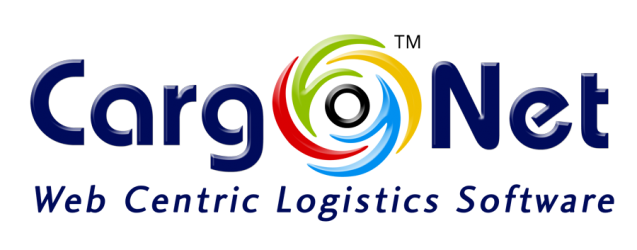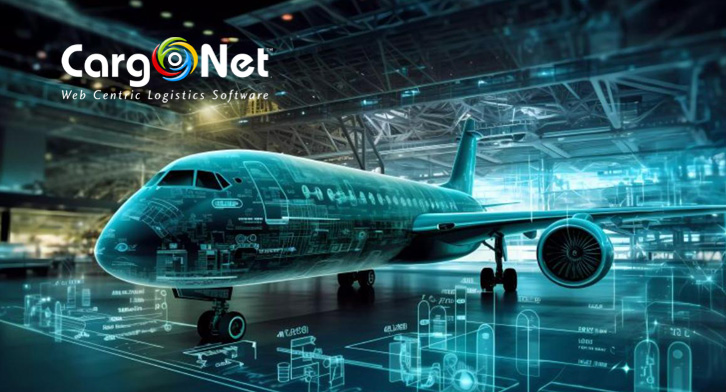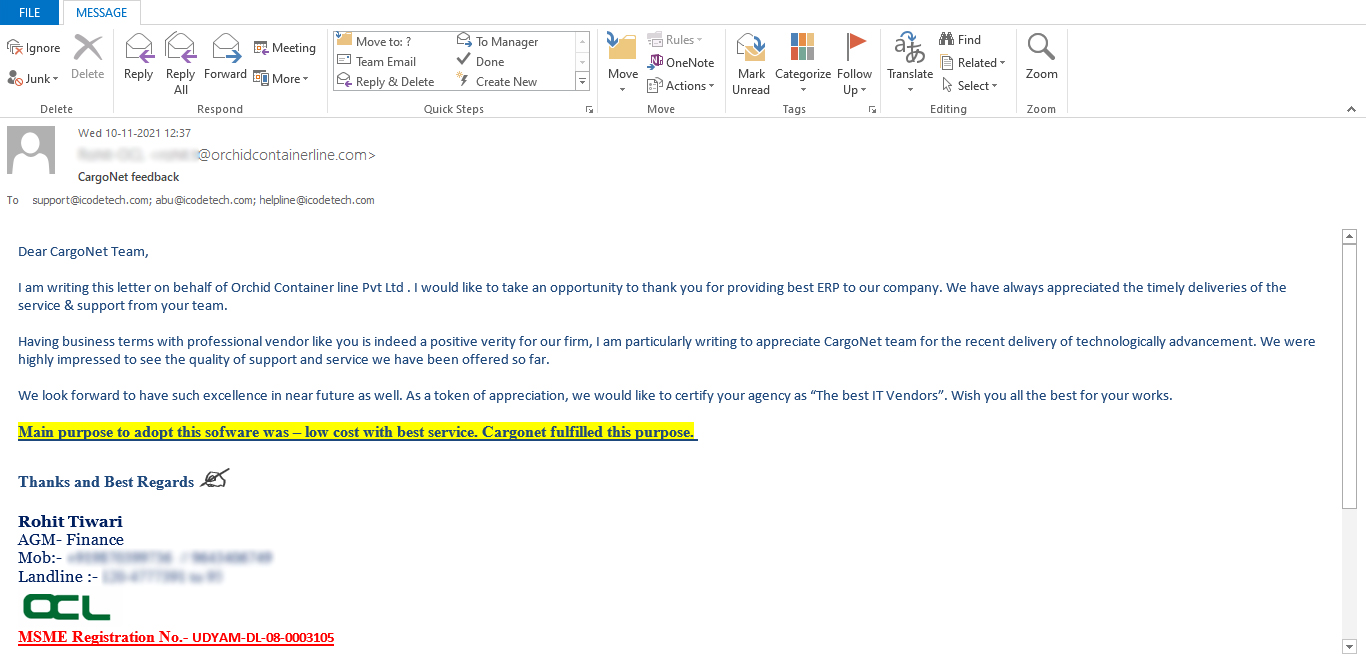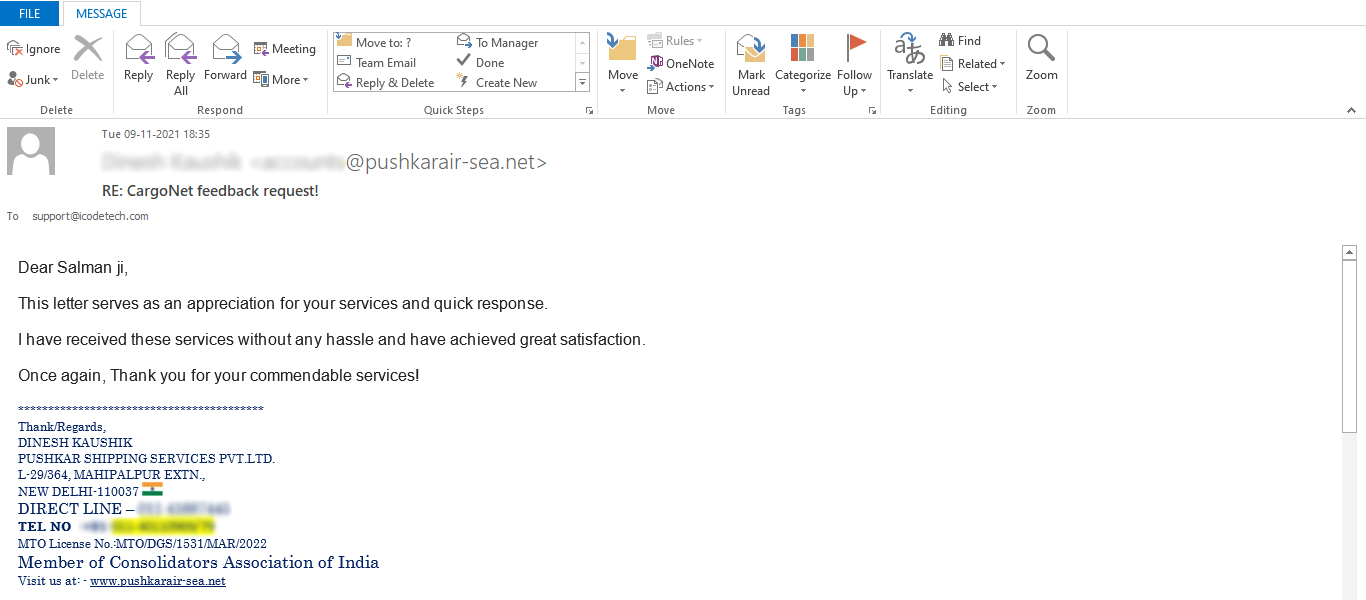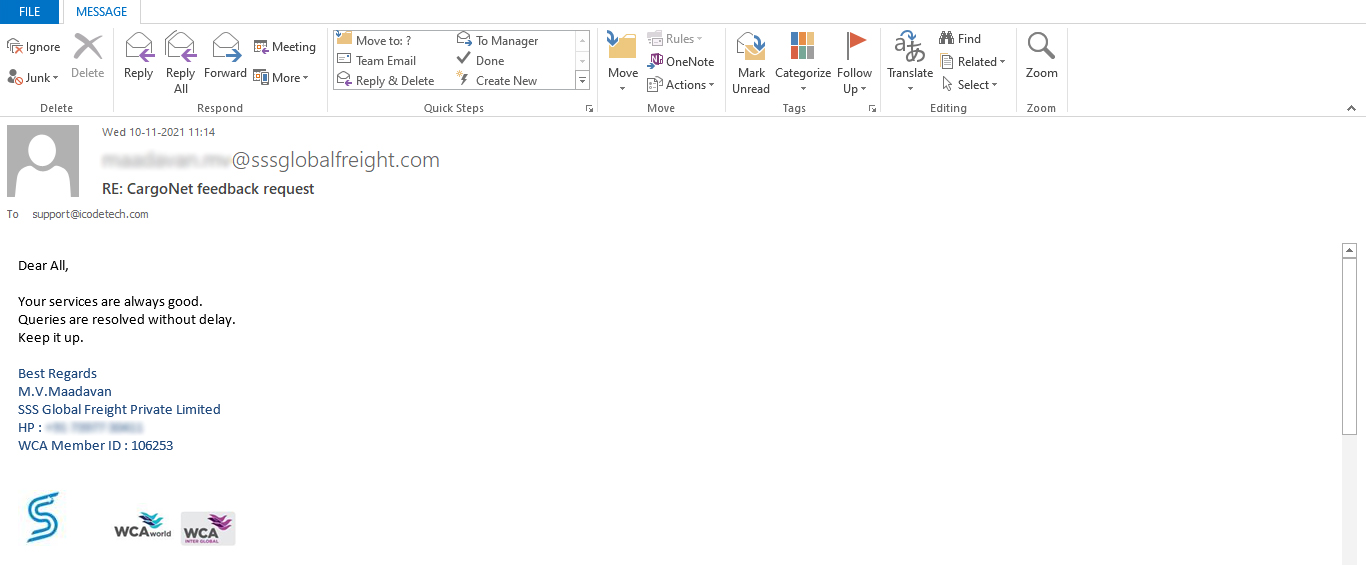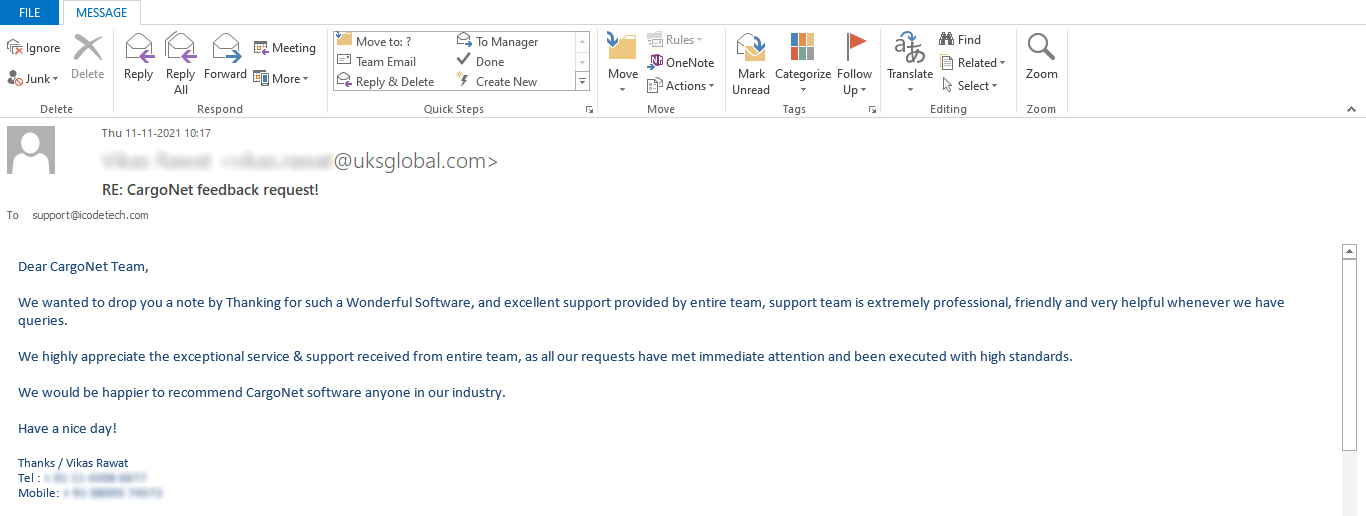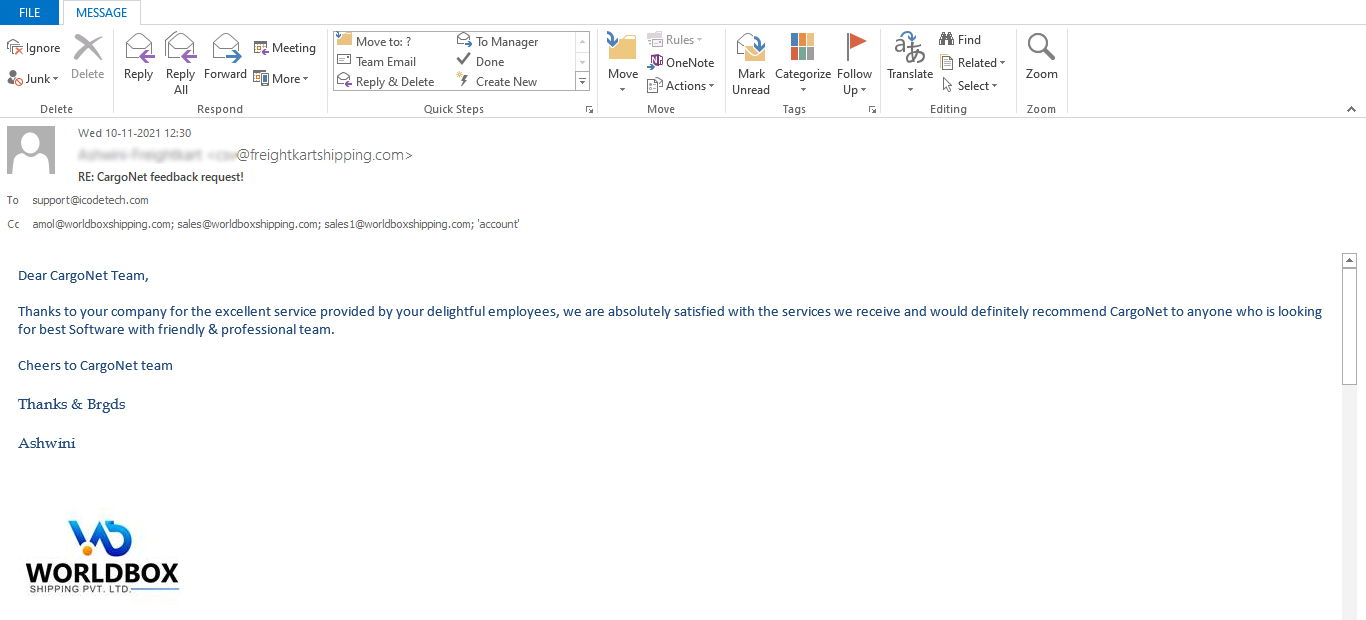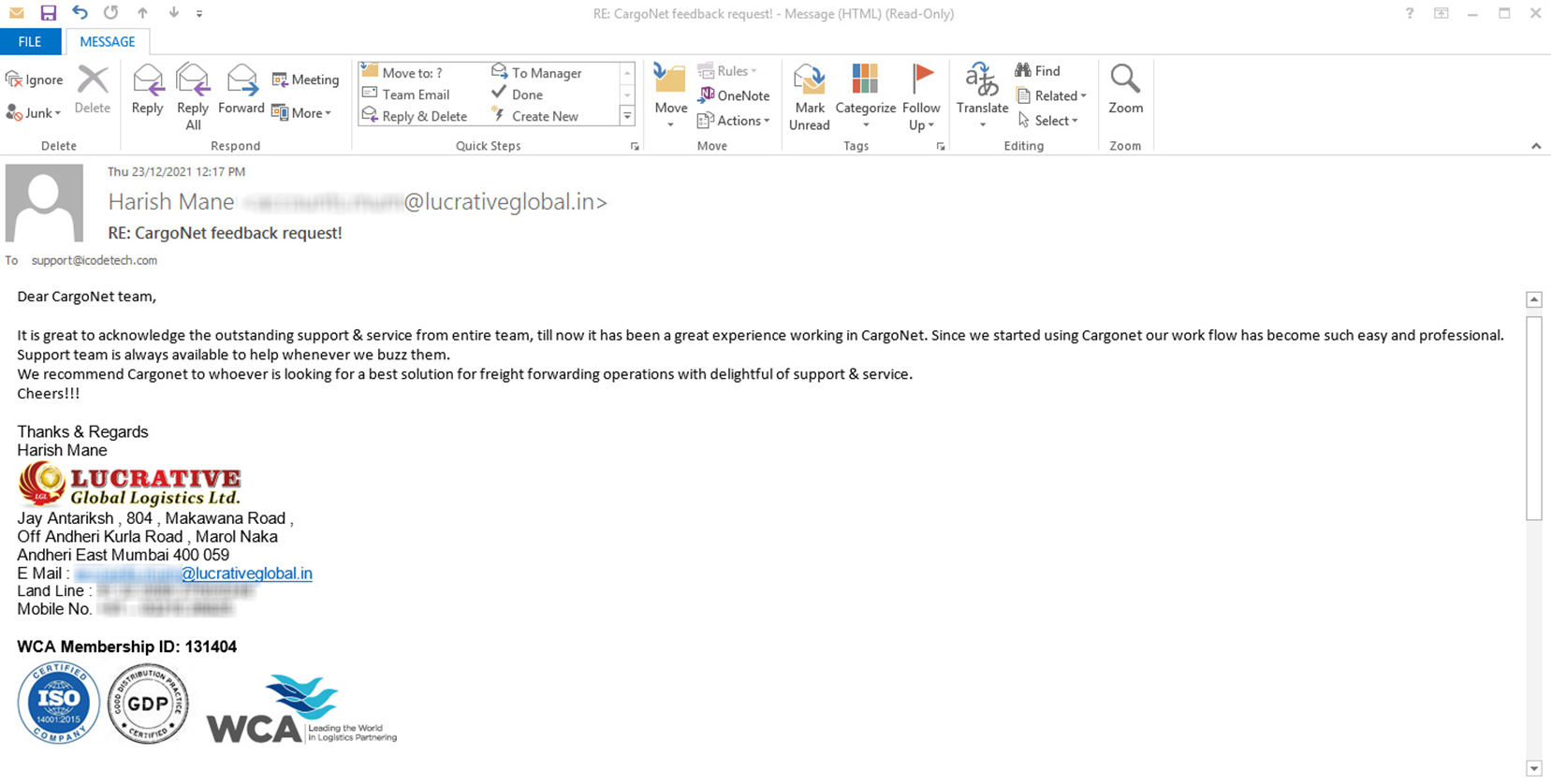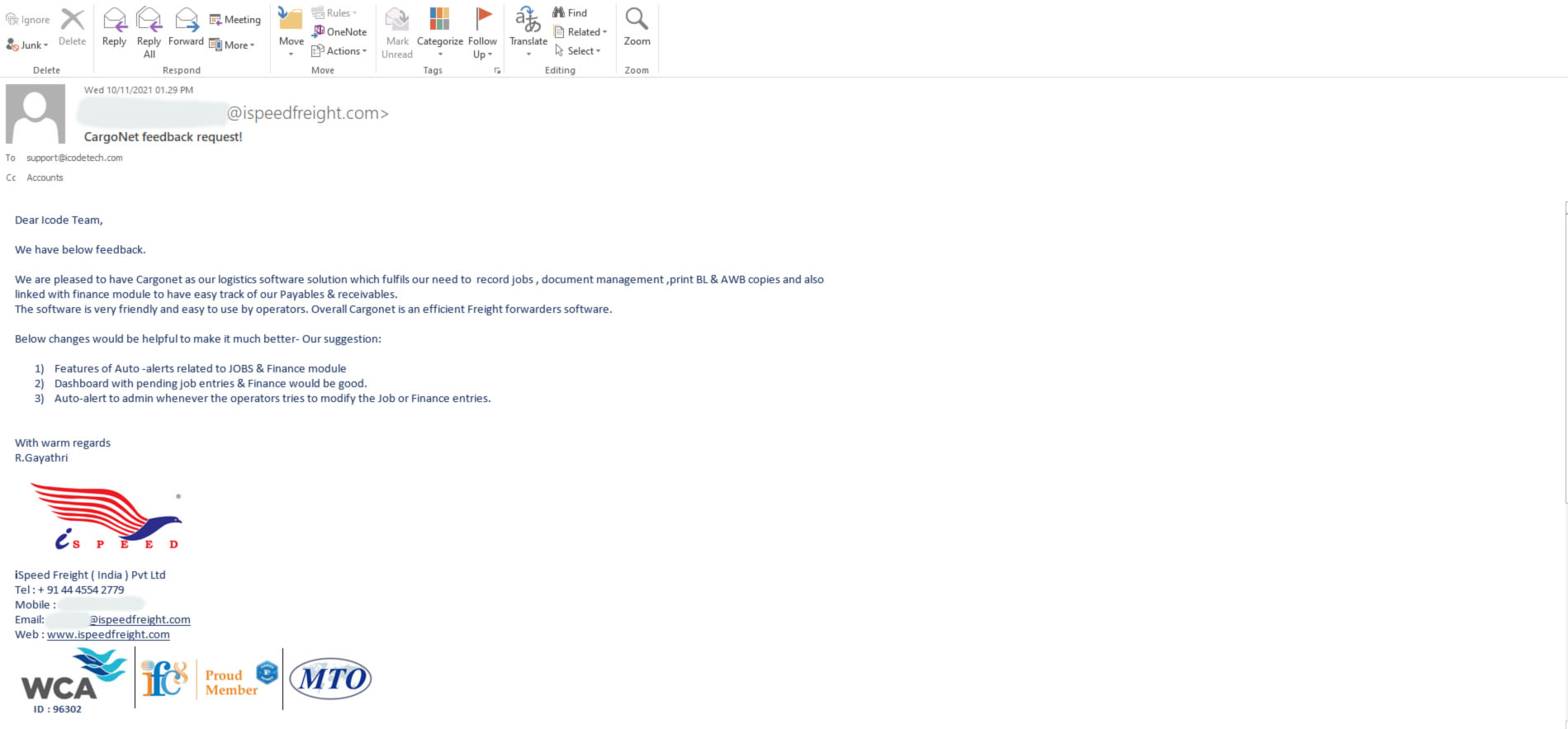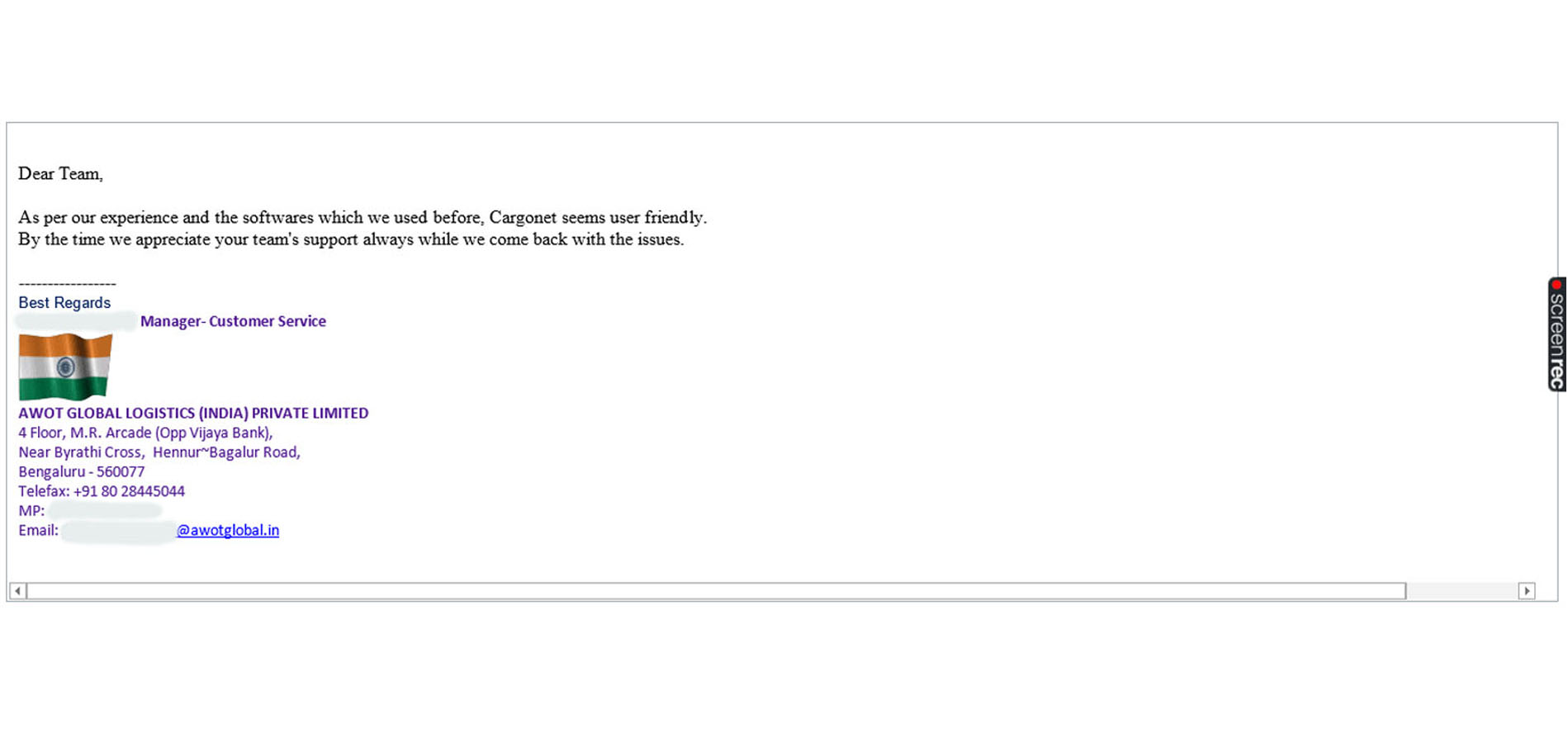The aviation industry is a marvel of human innovation and engineering, enabling us to traverse the globe with unprecedented speed and convenience. Behind the scenes, a web of intricate operations keeps airlines running smoothly. One of the critical components of aviation operations is airway billing, a process that has seen remarkable transformation through the use of sophisticated software solutions.
The Essence of Airway Billing
Before we dive into the transformation brought about by software, it’s essential to understand what airway billing is all about. In the aviation industry, airway billing is the process of creating invoices and managing financial transactions related to cargo shipments. It is a complex task involving numerous variables, including freight charges, taxes, and regulatory compliance. Accuracy is paramount, as discrepancies can lead to financial losses and operational disruptions.
The Traditional Challenges
Historically, airway billing was a labor-intensive and error-prone task. Manual data entry and calculations were susceptible to human errors, leading to costly mistakes and reconciliation issues. Moreover, the airline industry’s rapid growth and evolving regulations added layers of complexity to the process.
How Airway Billing Software is Transforming Aviation Operations
- Automation and Accuracy: Airway billing software automates many of the routine and error-prone tasks. It can accurately calculate charges, taxes, and fees, reducing the risk of discrepancies and errors in invoices.
- Efficiency and Time Savings: Software solutions streamline the entire airway billing process. They can generate invoices, handle documentation, and manage payments more efficiently, saving time for airline staff and improving overall operations.
- Compliance and Regulation: Airway billing software often integrates the latest regulations and tax codes, ensuring that invoices remain compliant. This feature is invaluable in an industry where non-compliance can result in fines and penalties.
- Improved Customer Experience: Efficient airway billing means quicker turnaround times for cargo shipments. Airlines can better serve their customers with accurate, timely invoices and transparent billing processes.
- Data Analysis and Reporting: Software solutions provide valuable insights through data analysis and reporting features. Airlines can use this data to optimize their operations, reduce costs, and enhance revenue streams.
- Integration Capabilities: Airway billing software can seamlessly integrate with other airline management systems, such as cargo management software, customer relationship management (CRM) tools, and financial software. This integration simplifies overall operations.
- Scalability: As airlines expand and their operations grow, airway billing software can easily scale to meet increased demands.
The Future of Airway Billing Software
As technology continues to evolve, the future of airway billing software looks promising. Artificial intelligence and machine learning are likely to play a more significant role in predictive analysis and automation. Blockchain technology may also be integrated to enhance the security and transparency of financial transactions in the aviation industry.
In conclusion, airway billing software is a transformative force in aviation operations. It streamlines processes, enhances accuracy, and improves overall efficiency. As the aviation industry evolves, so too will the capabilities of airway billing software, ensuring that airlines can continue to provide reliable, efficient, and customer-centric services.

